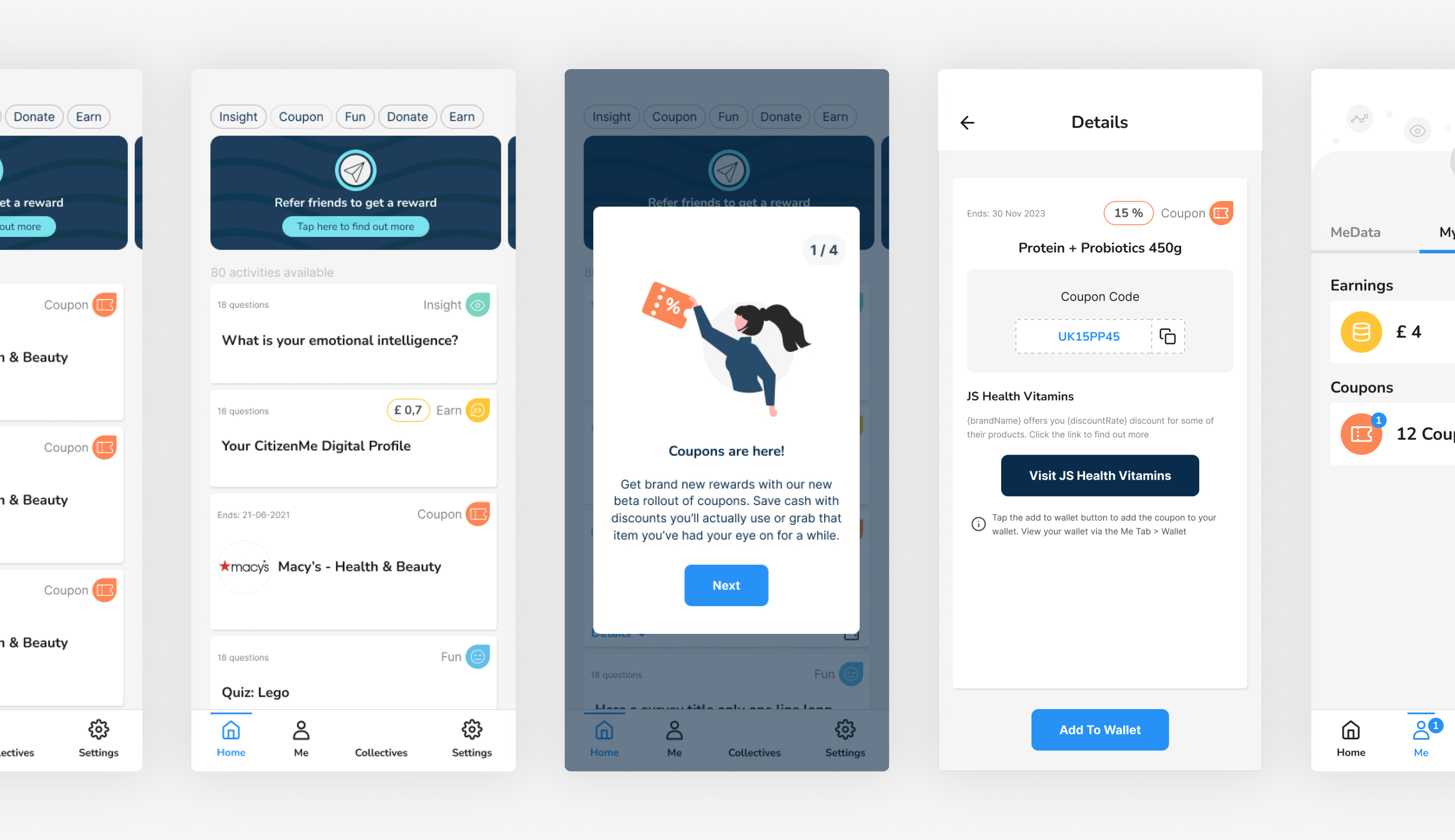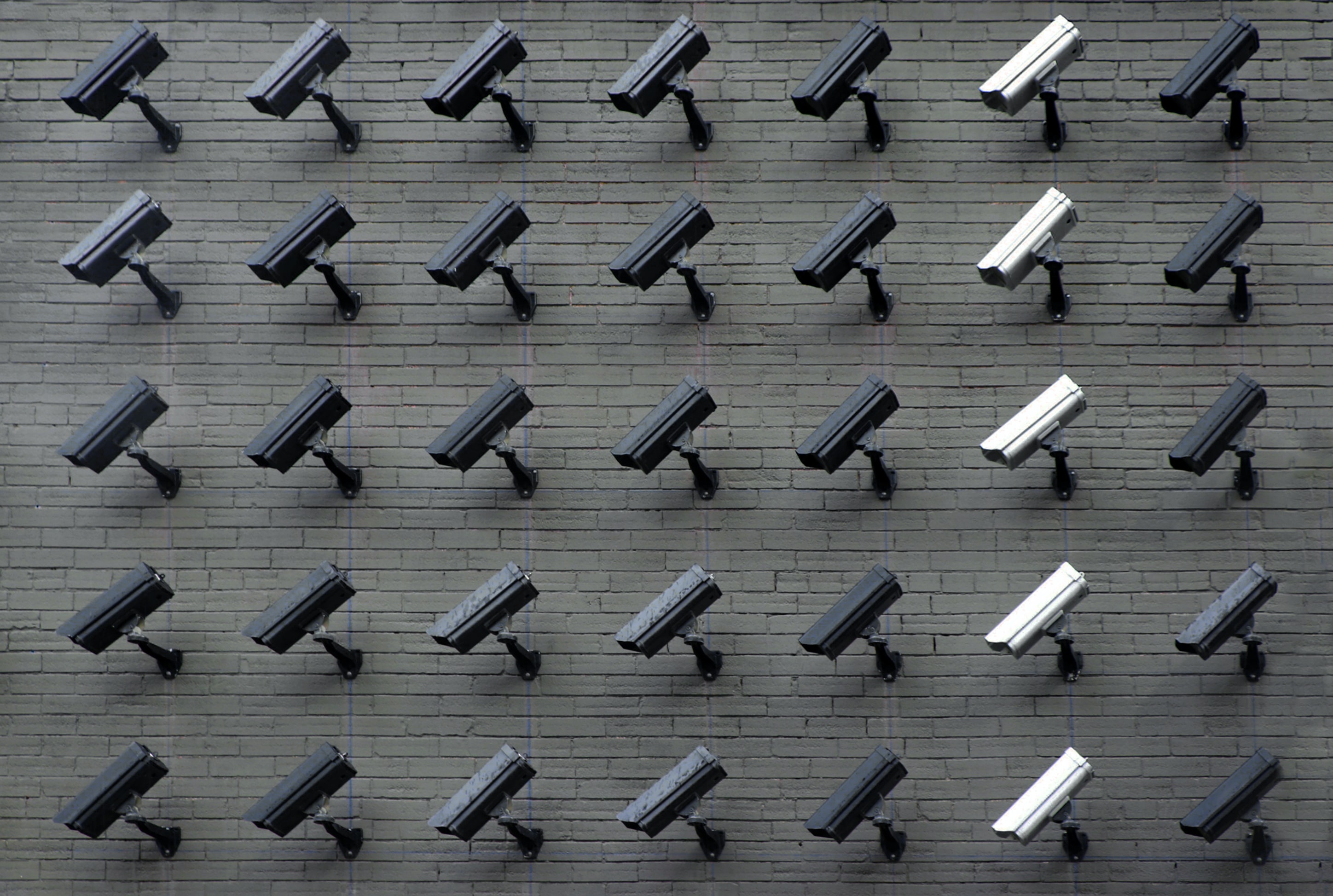
Data Privacy Matters: Insights from Data Privacy Week Surveys
Data Privacy Matters: Insights from Data Privacy Week Surveys https://www.citizenme.com/wp-content/uploads/2023/02/dayne-topkin-u5Zt-HoocrM-unsplash.jpg 5391 3594 Nicki Gerrard Nicki Gerrard https://secure.gravatar.com/avatar/394d65e07a46ed8268f7b821093bb4c7?s=96&d=mm&r=gData Privacy Week is an annual event that brings attention to the importance of protecting personal information. This year, CitizenMe conducted a series of surveys to better understand public attitudes and beliefs about privacy and data usage. With over 2000* participants from all around the world, the results offer a unique and fascinating glimpse into the current state of privacy in our society and how access to human data is perceived.
Are You In Control of Your Personal Data?
One of the questions we asked was whether people felt like they had control over how their personal data was collected and used. Unfortunately, the results were not very encouraging. 67% of respondents felt like they either had no control or were unsure, while only 33% felt confident about their control. Age also seemed to play a role, with just under 40% of respondents over the age of 35 feeling like they had no control over their personal data compared to 30% for those under 35.
Phishing and Scams: How Confident Are You?
Another question we asked was about people’s confidence in identifying and protecting themselves against phishing or scam attempts that could compromise their personal data. 61% of respondents felt confident, 13% expressed doubt, and 26% were unsure. There was also a significant gender gap, with 71% of male respondents feeling confident, compared to just 54% of female respondents.
Could this confidence suggest that males are more at risk from sophisticated scams?
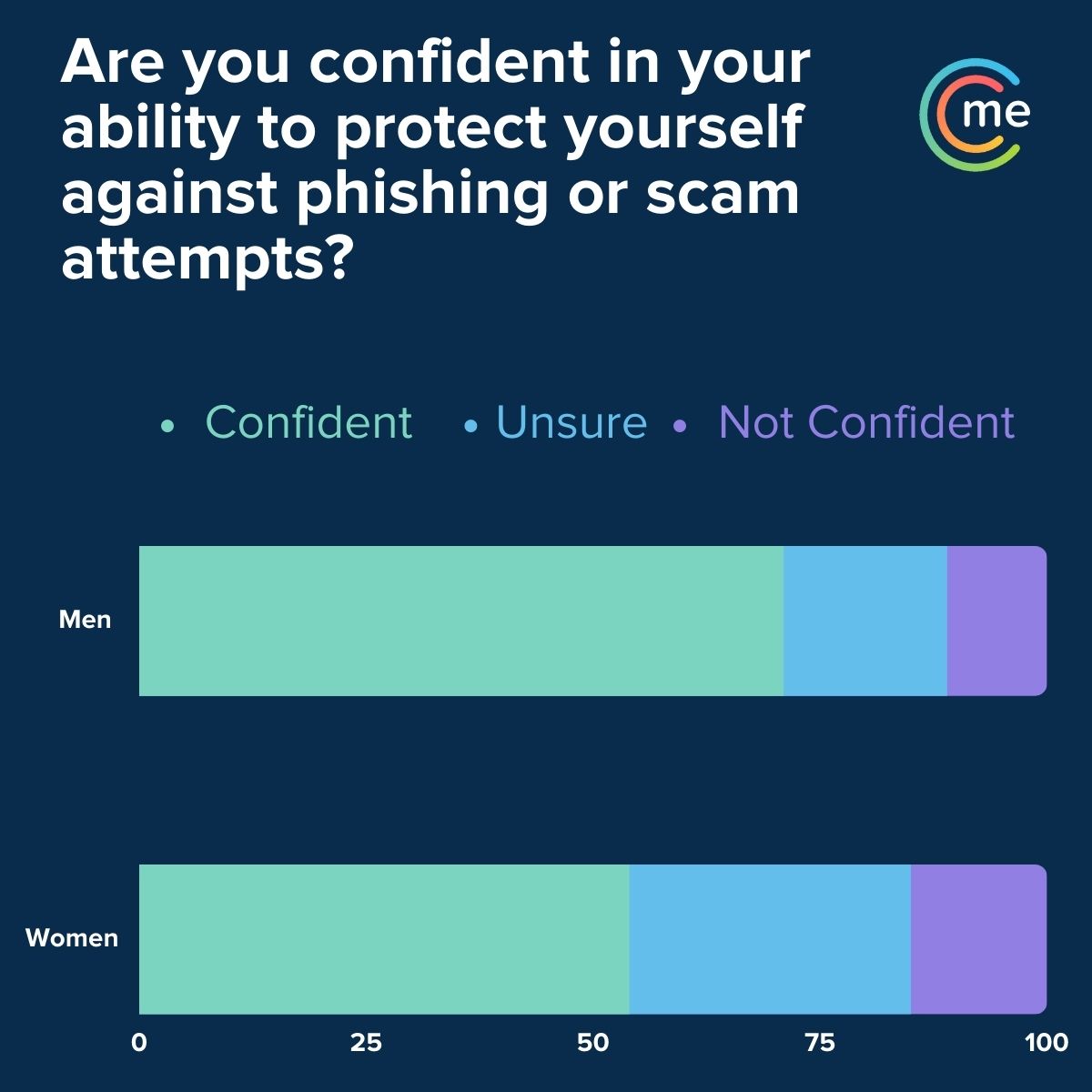
Opting Out of Personal Data Use
We also asked whether people ever opted out of certain uses of personal data. 69% of respondents said they did, which is a surprising finding considering that roughly the same number of people felt like they had no control over their personal data. This highlights the need for greater transparency and clarity when it comes to data collection and usage.
The Future of Personal Data
Our surveys also explored the future of personal data and how people felt about various uses of their information. 65% of respondents would be happy for their data to be used to develop new technologies or products, while 72% agreed that having a central point where they were in control of their personal data would be beneficial. Respondents were also positive about the use of their personal data for medical research and treatment, with 68% indicating that they would be happy for their data to be used in this way.
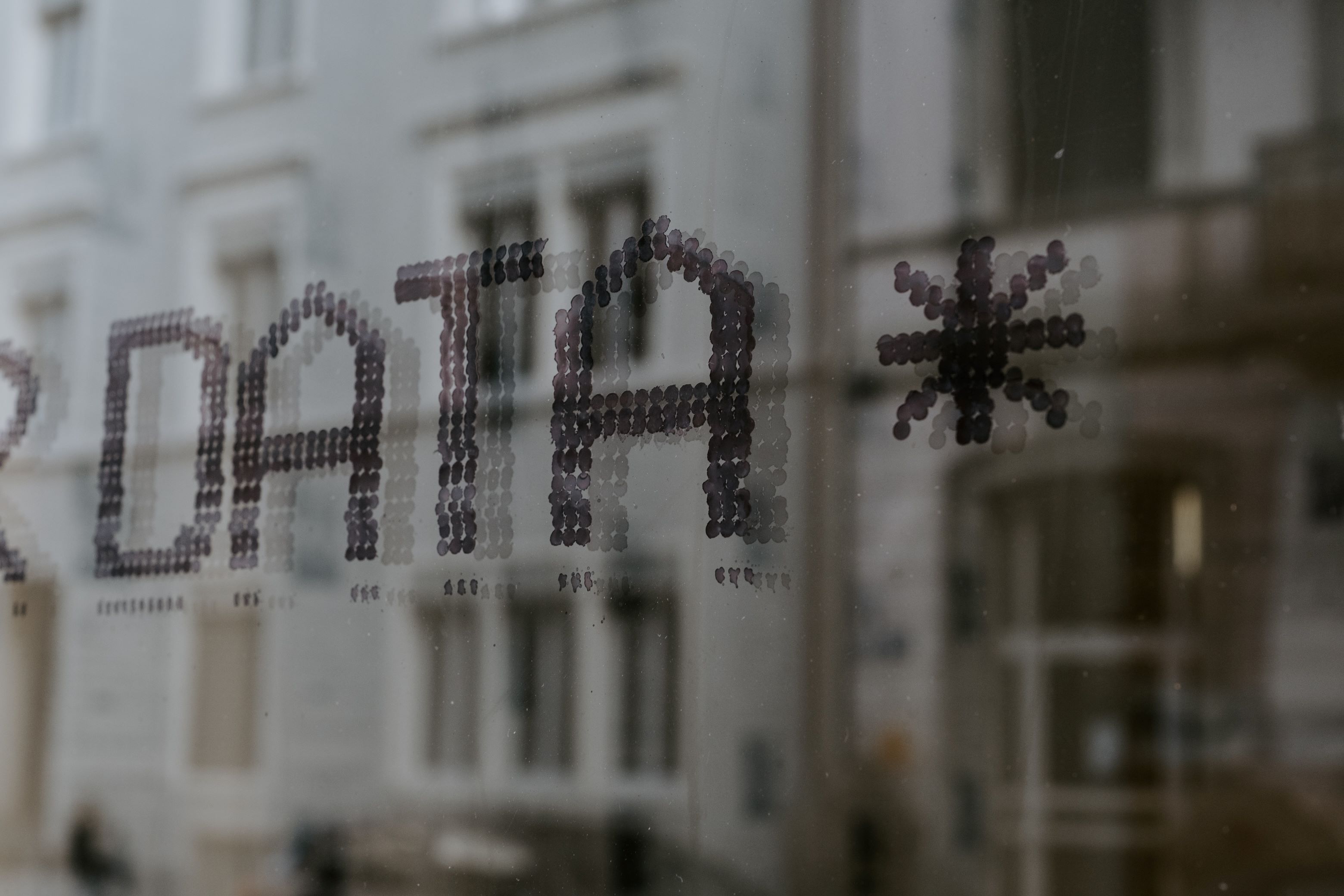
Photo credit: Claudio Schwarz
Data for Society: Risks and Benefits
We also asked about how personal data could be used to improve society. The top risks identified were misuse of personal data, data breaches, confidentiality, and political manipulation. The top benefits of data collection and usage, on the other hand, included improved services, a better understanding of needs, and academic research. 45% of respondents were happy with the use of biometric or facial recognition to verify identity, while there was a split in opinions about personal data being used for personal safety and crime prevention, with males being more likely to be unhappy with this use of their personal data.
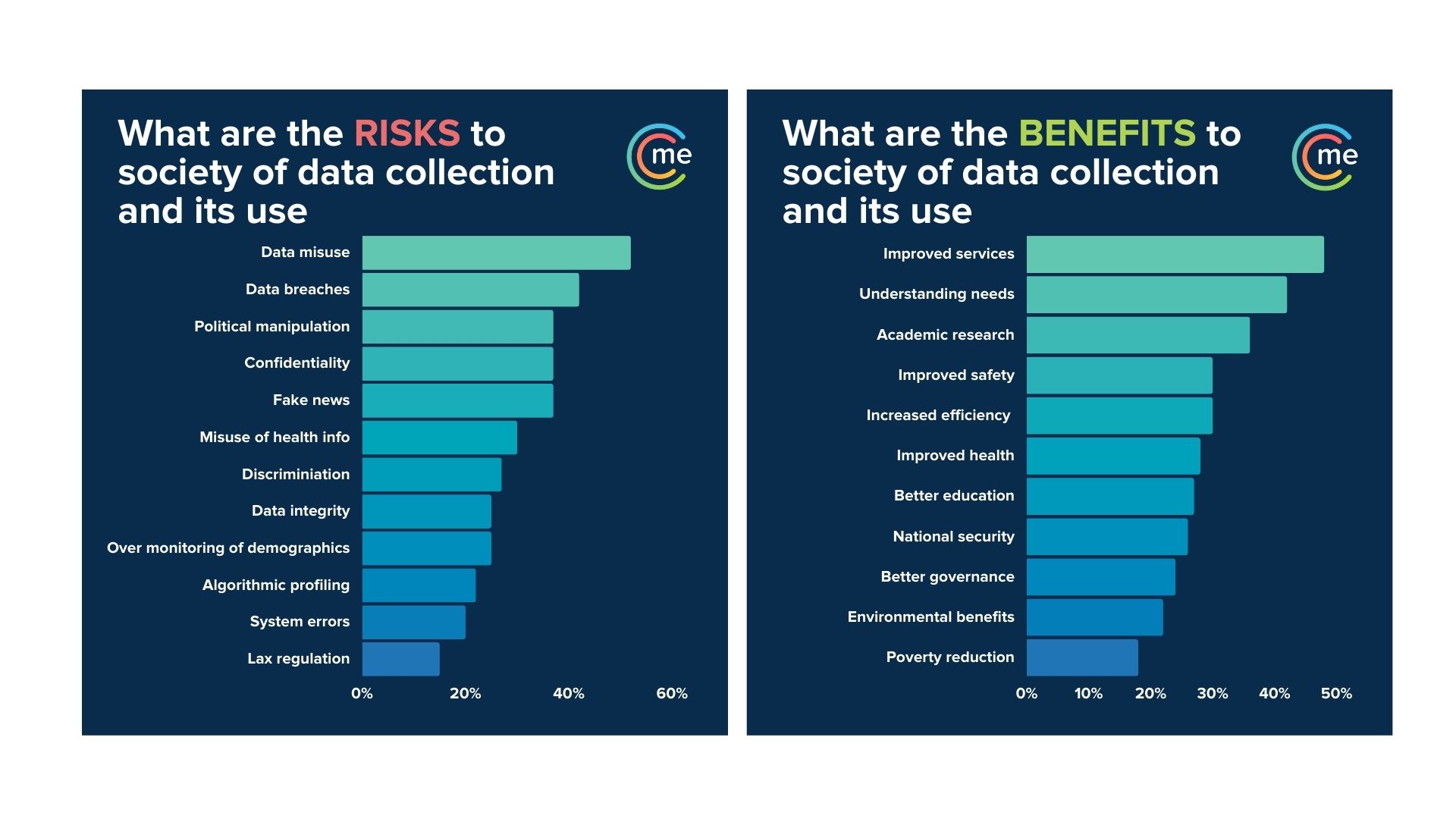
Government Data Use: Comfort Levels
When it came to government data use, the results were mixed. There was an even split between those who were comfortable and those who were not with governments accessing their personal data for national security purposes. However, 46% of respondents were uncomfortable with governments storing or processing their data overseas, and 45% were unhappy with their data being used for targeted political campaigns.
Business Data Use: Requests for Deletion and Incentives
Respondents were neutral about their personal data being used for targeted advertising, but 48% of male respondents stated that they had requested for their data to be deleted from business records in the past. 75% of respondents believed that individuals should receive something in exchange for the use of their personal information by businesses.
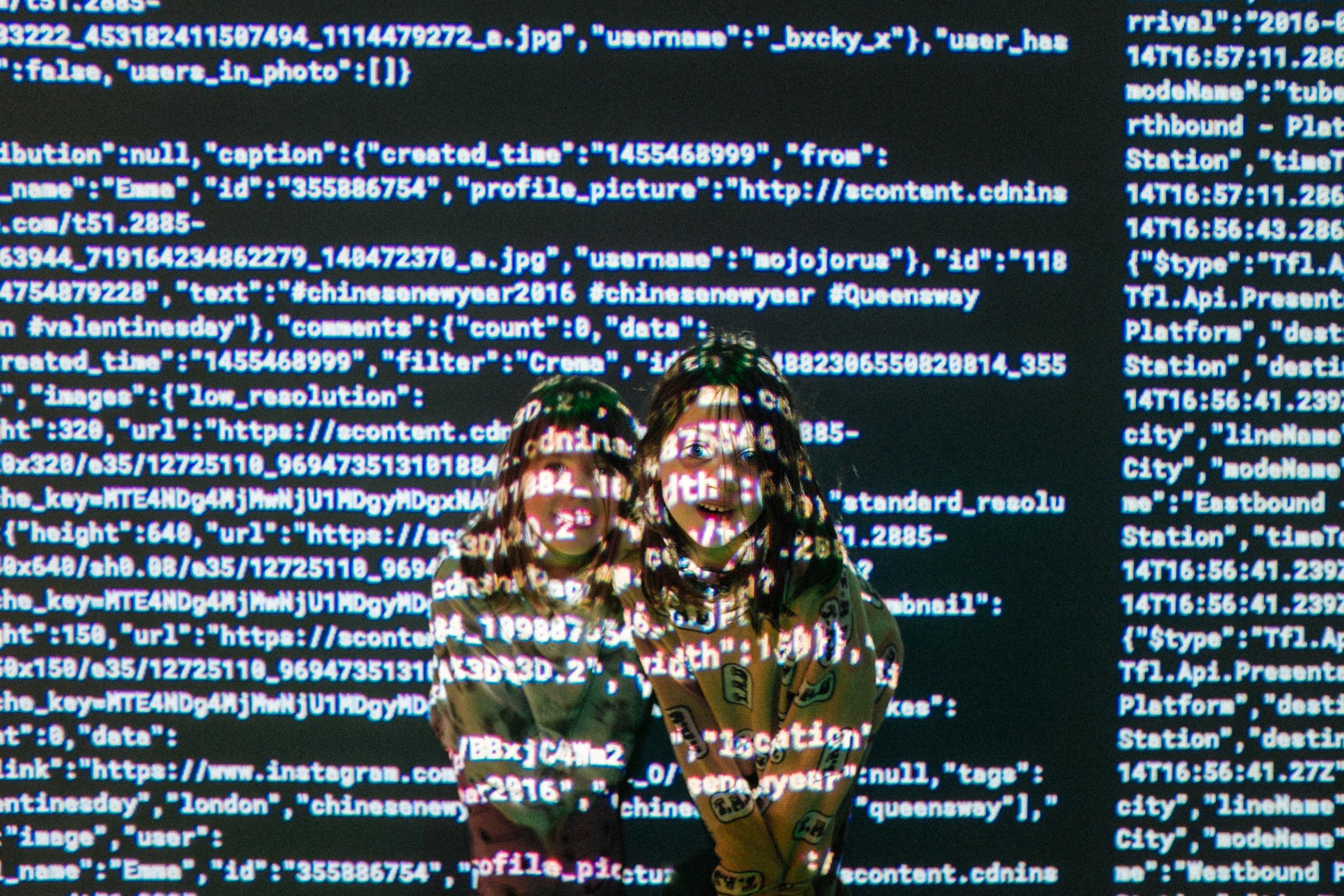
Photo credit: Daniel Clay
Conclusion
The results of CitizenMe’s Data Privacy Week surveys provide a valuable insight into the current state of privacy and the use of personal data in our society. The surveys highlight a clear need for greater clarity and understanding of data collection and usage, particularly when it comes to government and business use of personal data.
While many respondents are comfortable with their data being used for specific purposes such as developing new technologies or medical research, concerns around the misuse of personal data, data breaches, confidentiality, and political manipulation continue to be top risks. The results also indicate a desire for more control over personal data, with 72% of respondents indicating that they would like to store their data in a central location where they control access.
Interestingly, there was also a clear gender split in the results, with male respondents expressing more confidence in protecting their personal data and making requests for data deletion from business records. Furthermore, the results suggest that citizens believe they should receive something in exchange for the use of their personal information by businesses.
Overall, these results show that Citizens want a greater degree of transparency and accountability when it comes to the use of their personal data.
While consumers are generally savvy about their data there is a gap between trust and knowledge of how personal data could and should be managed. There was also a genuine desire for mature and equitable solutions that both protect and serve them.
By working together to ensure that personal data is collected, used, and stored in a responsible and ethical manner, we can help to protect privacy and build a more secure and trustworthy data ecosystem.
CitizenMe is here to help.
With so much personal information floating around in cyberspace, it’s no wonder many people feel like they’ve lost control over their own data.
But what if you could take control of your data and use it to your advantage? That’s where CitizenMe comes in.
By providing a secure environment for users to understand and control their data, CitizenMe is making it possible for citizens to take the reins on their own privacy.
With CitizenMe, you’ll have the tools you need to stay in charge of your data, no matter what. Whether you want to keep your information safe from prying eyes or share it with businesses in an ethical manner, CitizenMe has got you covered.
This Citizen-centric approach to data privacy puts you in the driver’s seat, giving you the confidence to use your data in a way that works for you.
So why wait? Take control of your data today with Citizenme.
*Surveys launched between 24 – 28th January 2023, 2138 respondents from 33 countries around the globe.
- Posted In:
- Citizen blog
- Uncategorized




